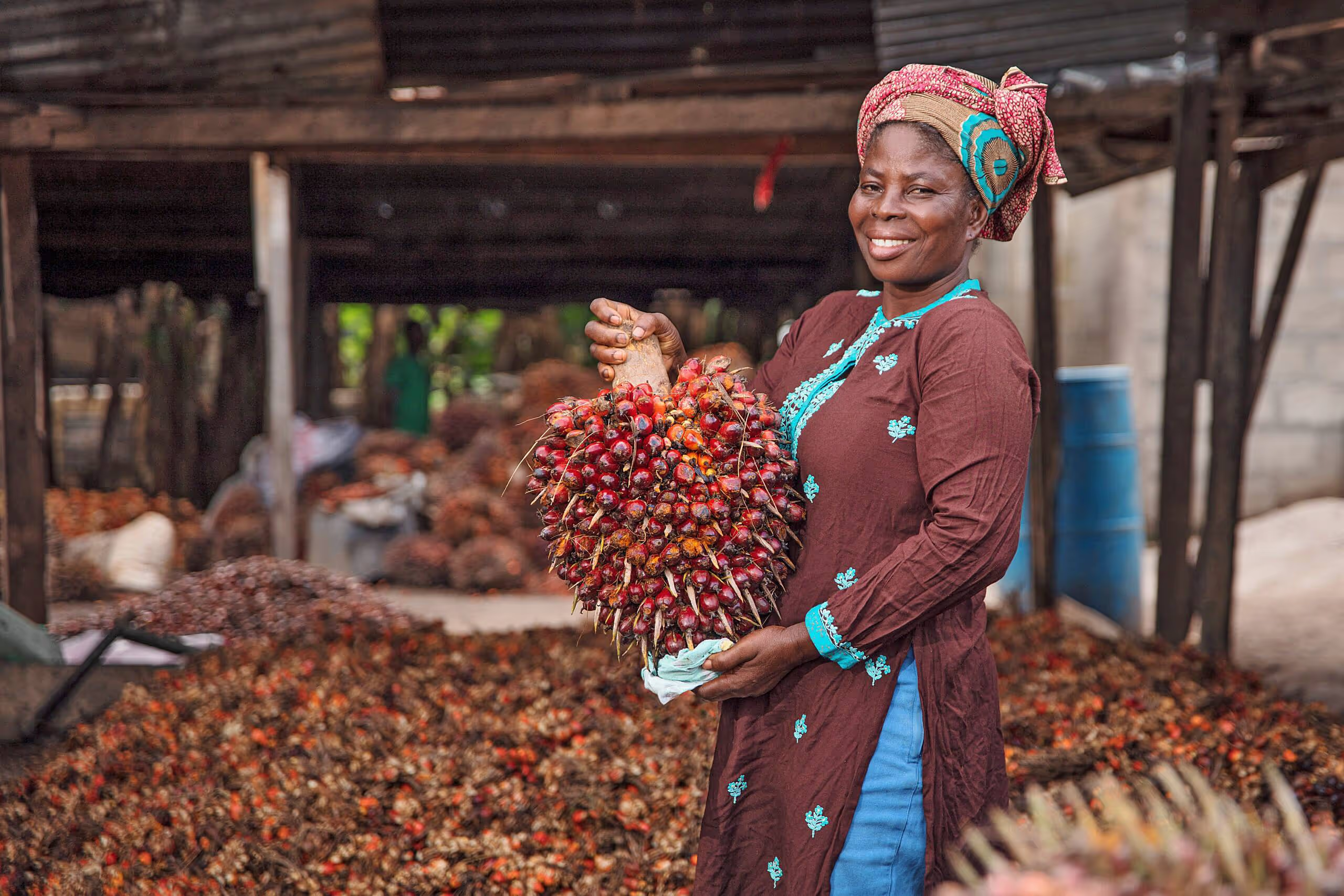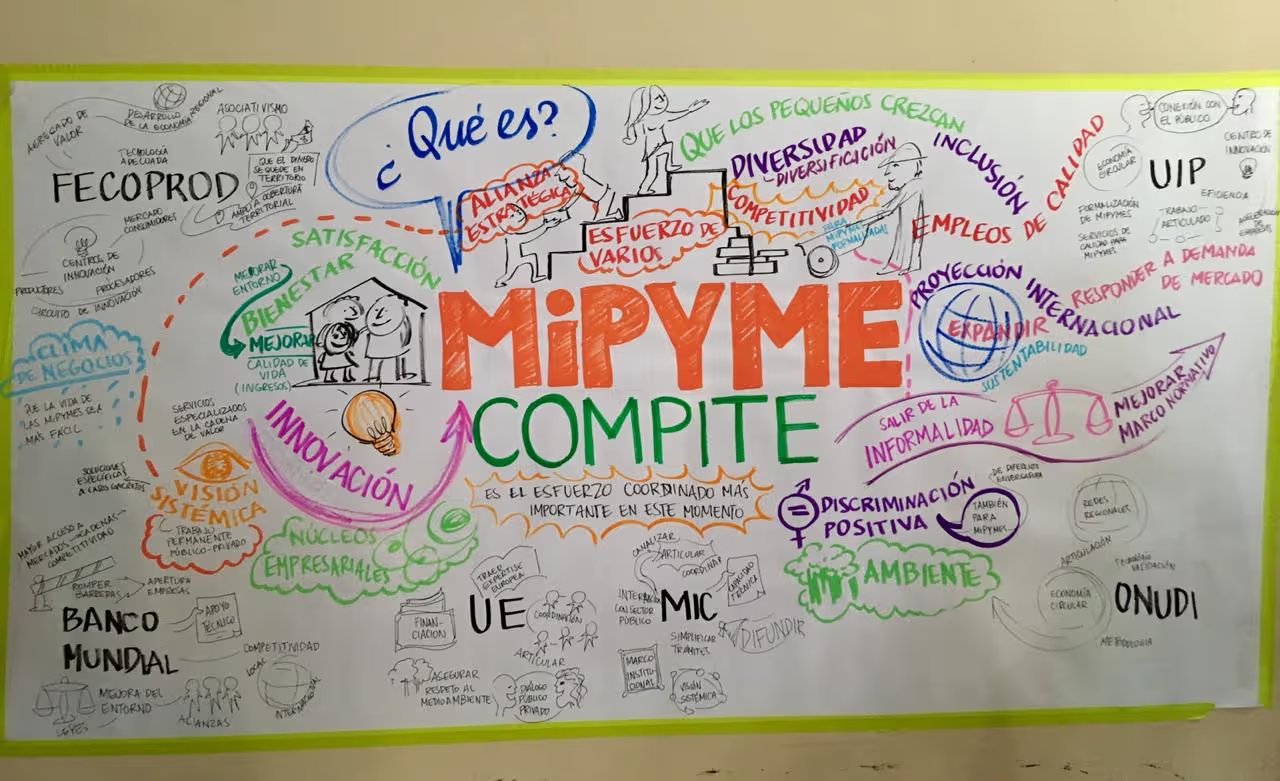Business Enabling Environment
Creating the conditions for inclusive, climate-smart growth.
Facilitative norms, regulations, policies, and public infrastructure are essential to allow for entrepreneurship, markets and trade to flourish and benefit society and the climate. NIRAS supports the creation of stable business enabling environments, with a focus on improving the investment climate for inclusive job-creation, increasing MSME productivity, and empowering business support organisations.
This work includes engaging at regional, national and global policy levels on critical issues that can unlock private sector led transformation. Our research helps to bridge evidence gaps to ensure that investors and policymakers have access to the right information and people to make inclusive business models succeed.

Ghana Private Sector Competitiveness Project Phase II (GPSCP II)
FUNDER
SECO
DURATION
11/2022 - 12/2027
GPSCP II aims to contribute to inclusive and sustainable growth through enhanced trade and competitiveness in the cashew and oil palm value chains. The programme supports the Government of Ghana (GoG), and in particular the Tree Crops Development Agency (TCDA), by implementing three components, the first two of which aim to enhance the business enabling environment: a Strategic Cooperation Partnership, supporting TCDA to implement high-impact reform activities; and a Rapid Response Mechanism accessed by the GoG to support and align reform initiatives leading to systemic benefits for selected value chains. The third component is a matching grant fund for the private sector to strengthen production, processing, market linkages, service provision, sector associations, access to finance, and skills development in the two value chains.
GPSCP II programme contributes to
inclusive and sustainable growth
through enhanced trade and competitiveness in the cashew and oil palm value chains.

Local Economic Development in Bosnia and Herzegovina (LED BiH)
FUNDER
SDC
DURATION
08/2023 - 07/2027
LED BiH fosters partnership-based mechanisms of cooperation, organisational capacities, scale-up mechanisms, and support functions to promote inclusive and sustainable local economic development, and catalyses systematic, local economic development by attracting investment and improving the competitiveness and productivity of SMEs in target locations. By promoting public-private partnerships and strategic alliances between local governments and the private sector, LED BiH creates a more business-friendly and inclusive environment, supporting greener economic strategies by working with local institutions. The combination of systemic changes with direct interventions for local economic development allows LED BiH to support better and more sustainable prospects to generate a decent income for the local population.
By promoting public-private partnerships and strategic alliances between local governments and the private sector, LED BiH creates a more business-friendly and inclusive environment, supporting greener economic strategies by working with local institutions.

MiPYME COMPETE
FUNDER
EU
DURATION
09/2019 - 03/2025
MSMEs represent 90% of Paraguay’s business sector and employ 70% of the workforce, contributing significantly to economic growth. However, their growth is hindered by low competitiveness and an unfavorable business environment, with low productivity and technological innovation in the agro-processing and industrial sectors. To address these challenges, NIRAS provided technical assistance to the EU Cooperation Programme MiPYME COMPETE, aimed at strengthening national policy, enhancing public services, and improving the business environment. NIRAS supported institutional, regulatory, and service framework improvements, provided capacity building to public institutions, and worked closely with the Ministry of Industry and Commerce to tackle structural obstacles for MSME development, promoting inclusive and sustainable economic growth.
In the last four years, MiPYME COMPITE has supported
+330
industrial and
+100
agricultural MSMEs, helping them achieve:
53%
increase productivity
24%
drop in production costs
68%
reduction in product defects
61%
increase in sales
27%
growth

